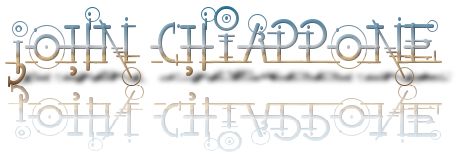 |
|
|
Intro to Logic
- Syllabus
- Workbook
- Links
Intro to Philosophy
- Syllabus
- Homework
- Links
Intro to Humanities
- Syllabus
- Homework
- Links
| |||||||||||||||
|
- Syllabus - Workbook - Links
Intro to Philosophy - Syllabus - Homework - Links
- Syllabus - Homework - Links
|
|||||||||||||||
|
| |||||||||||||||
Copyright © 2010